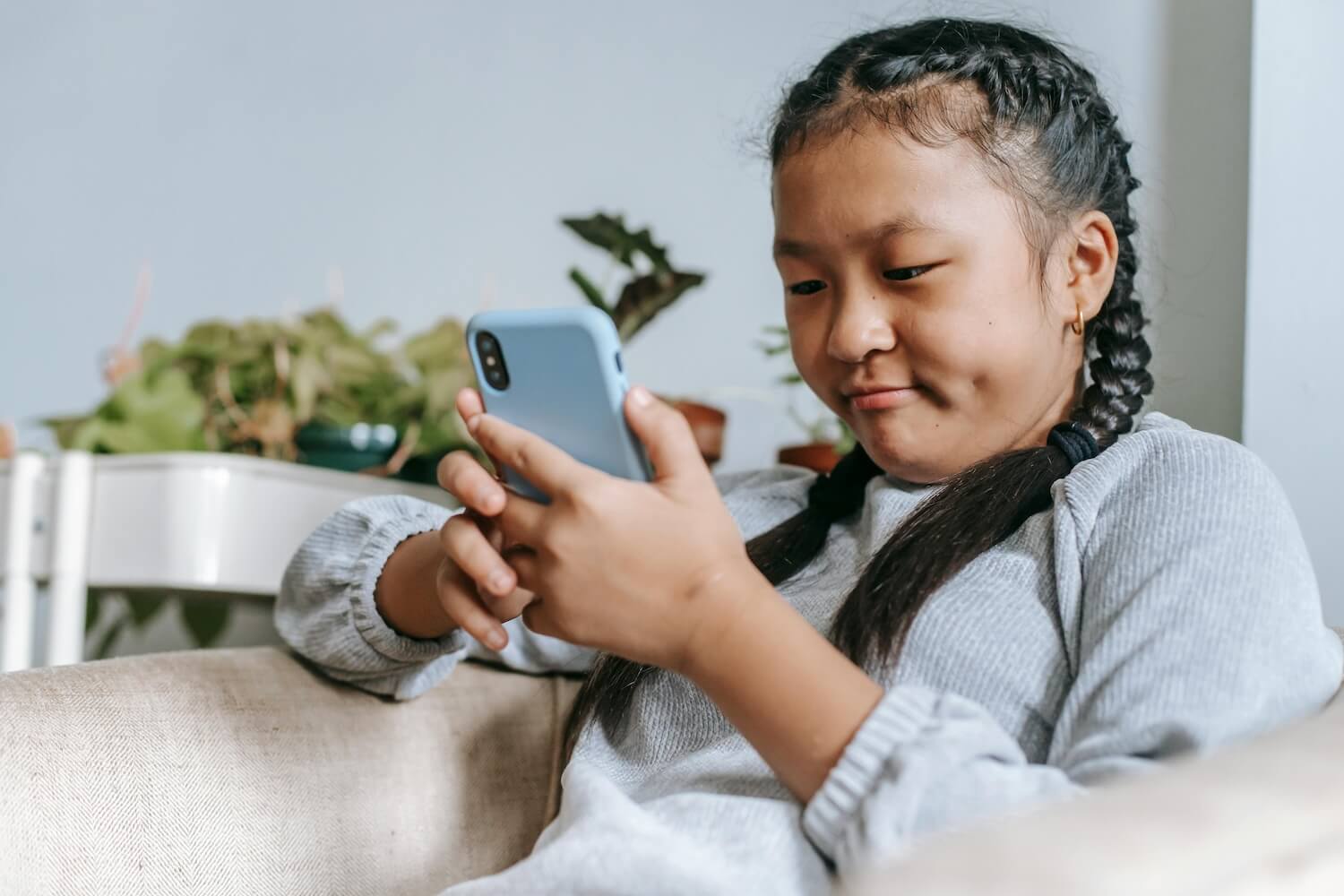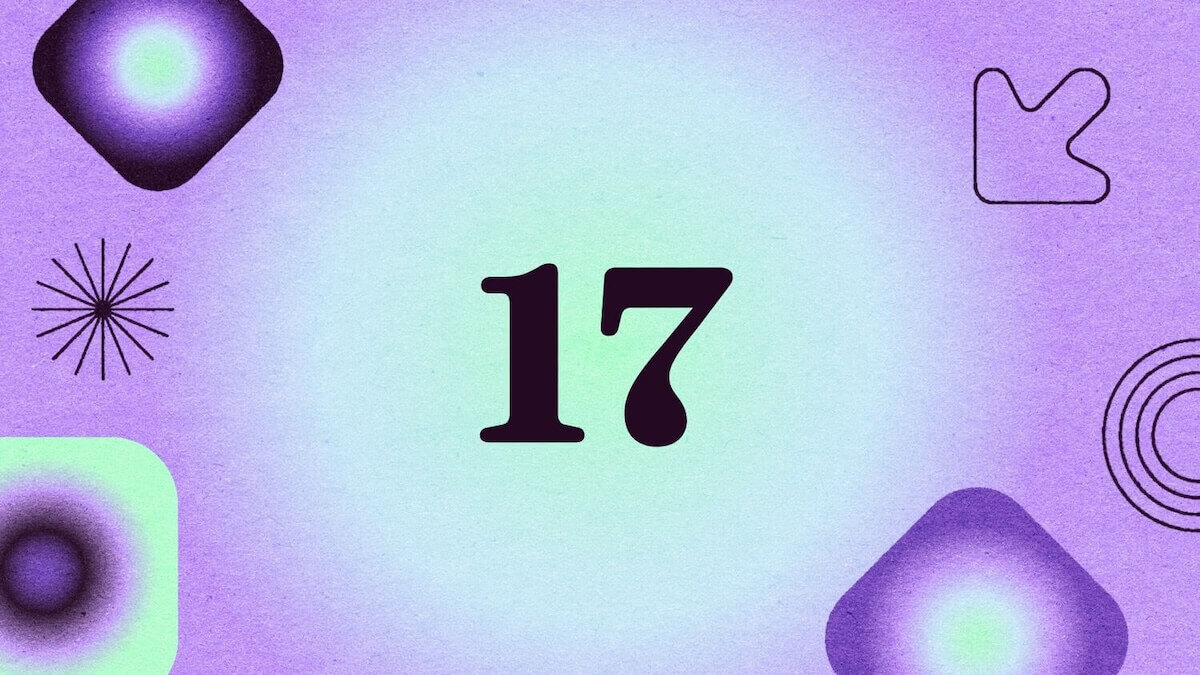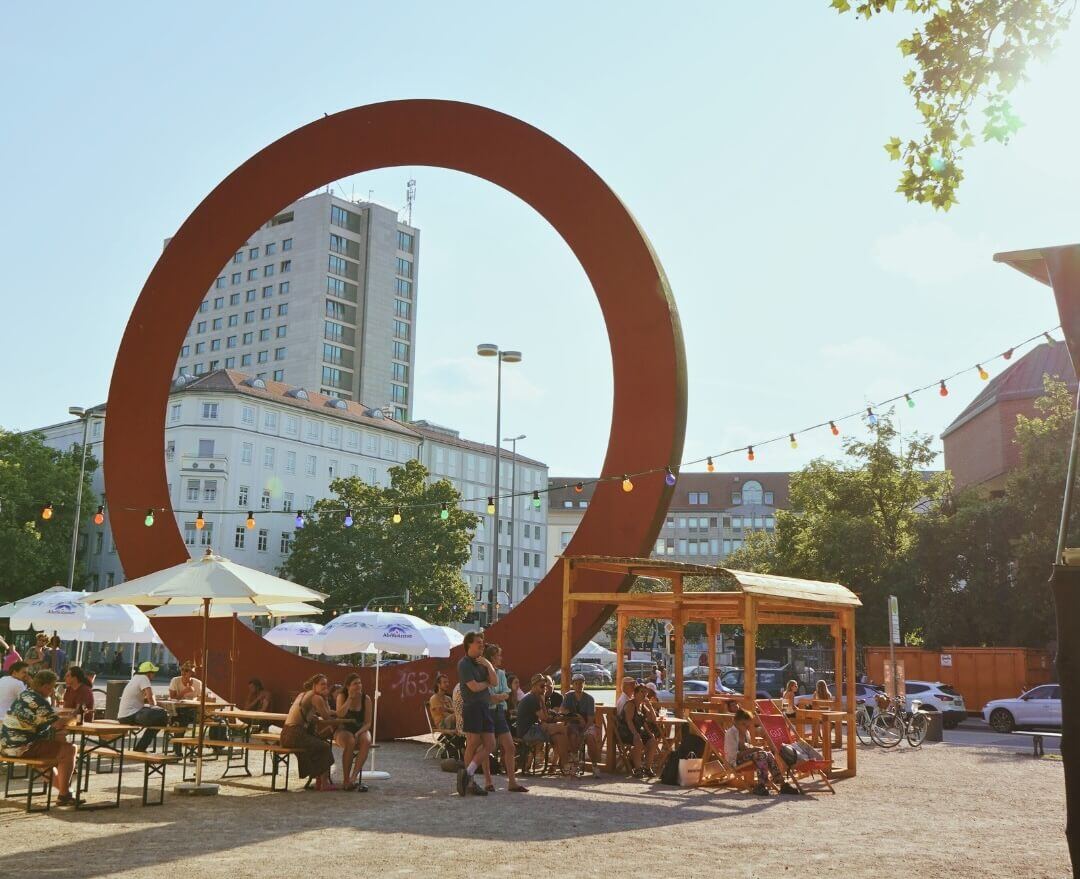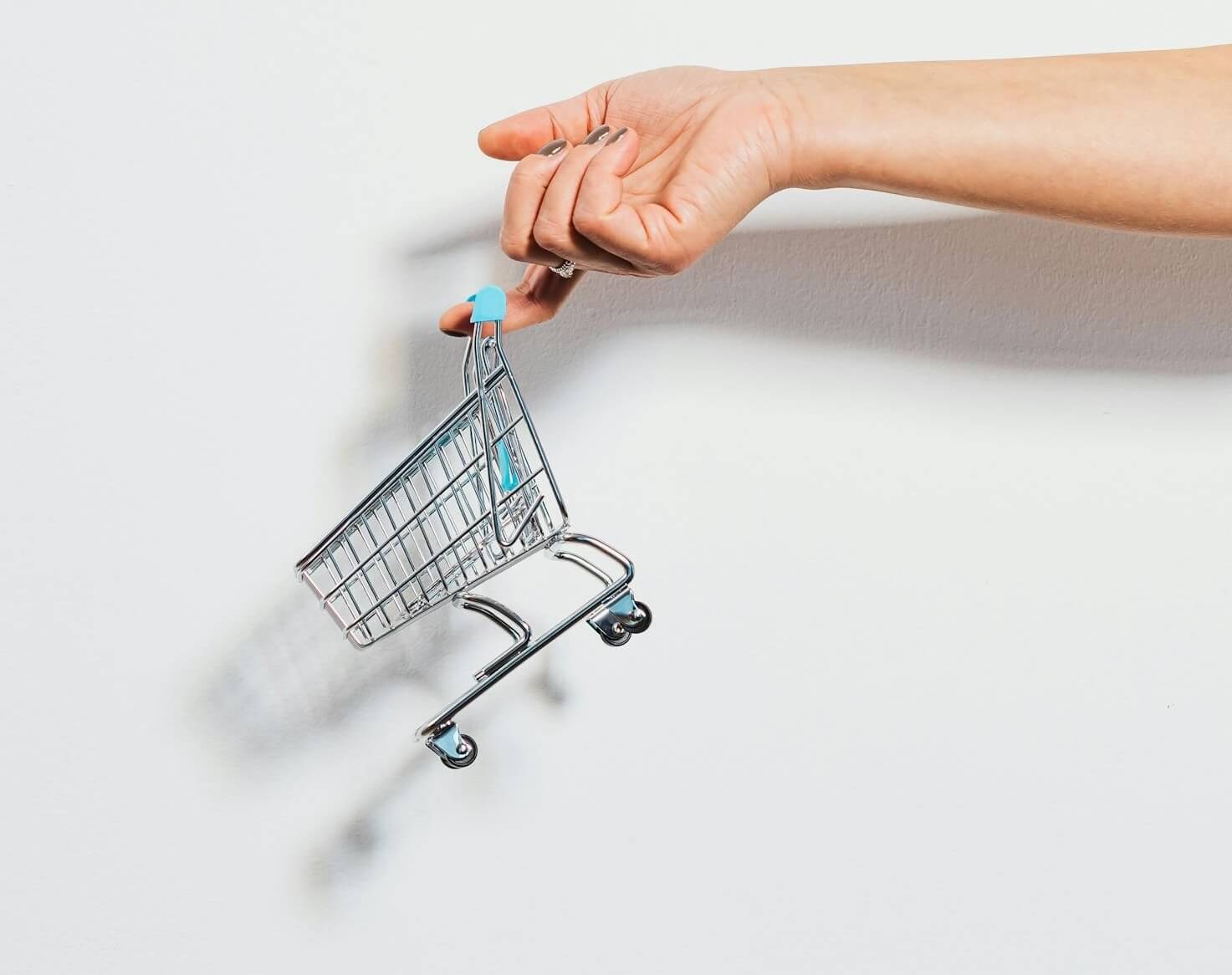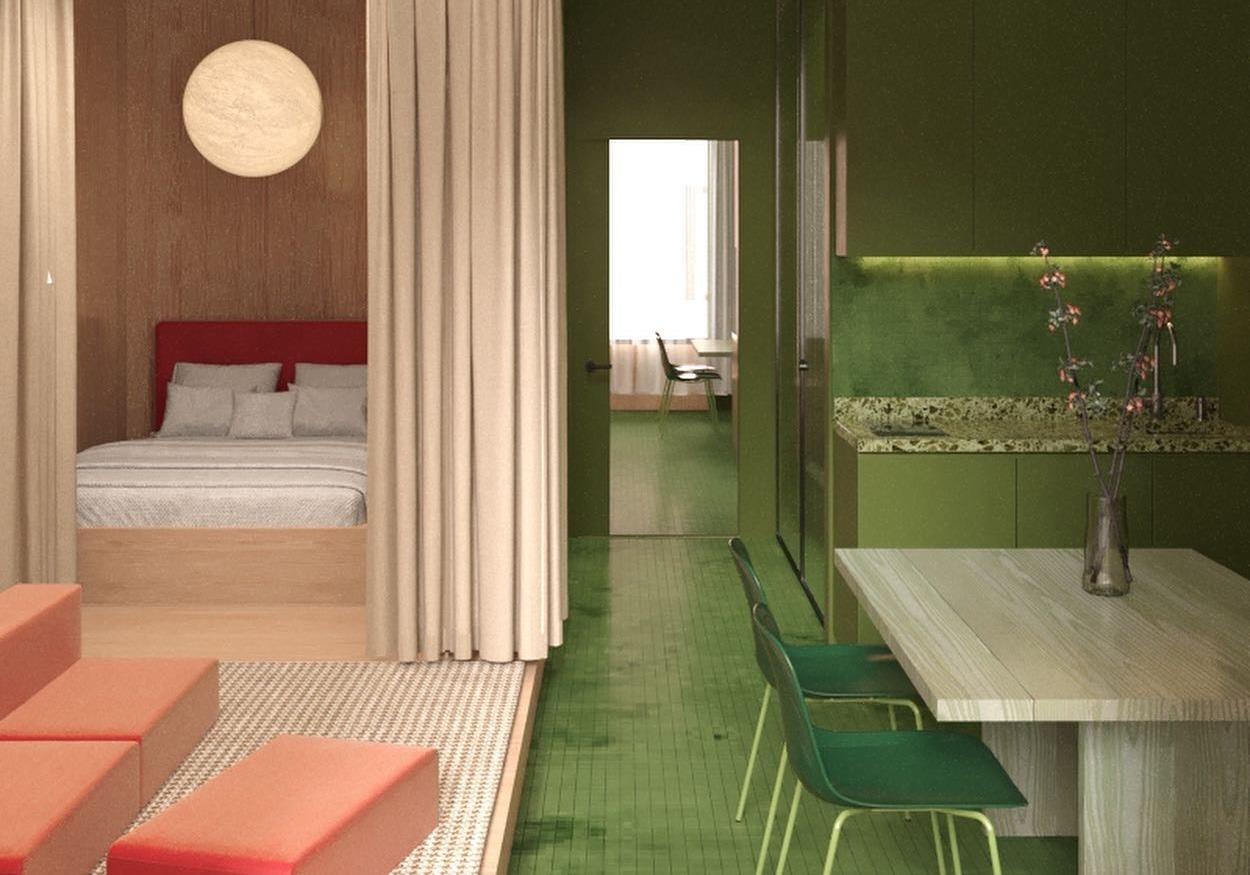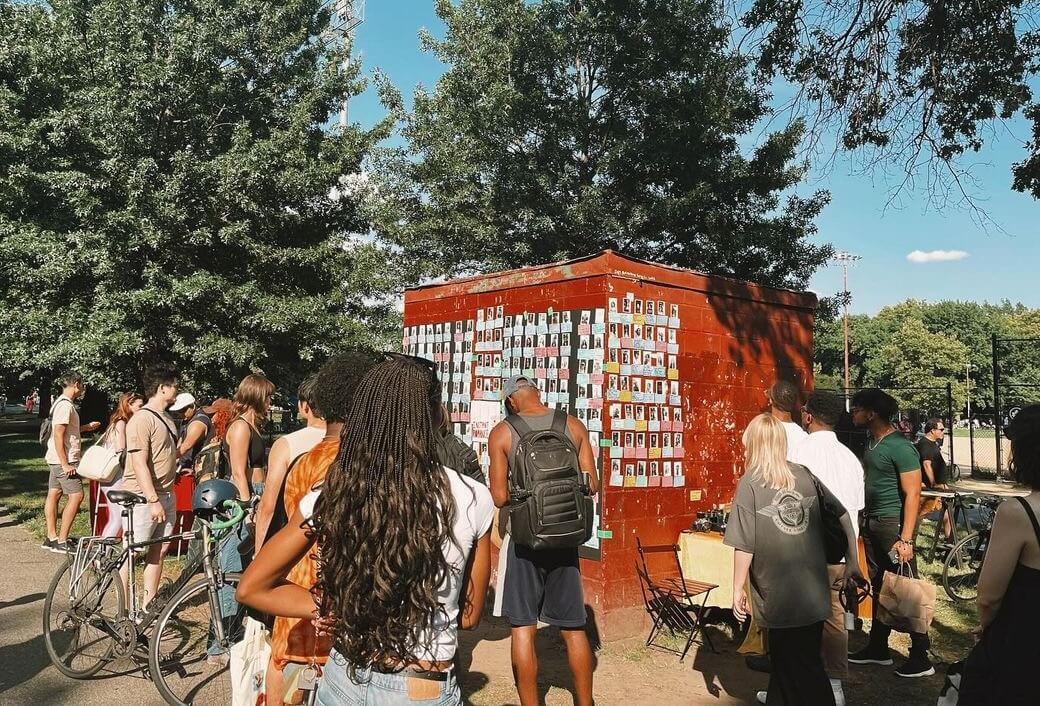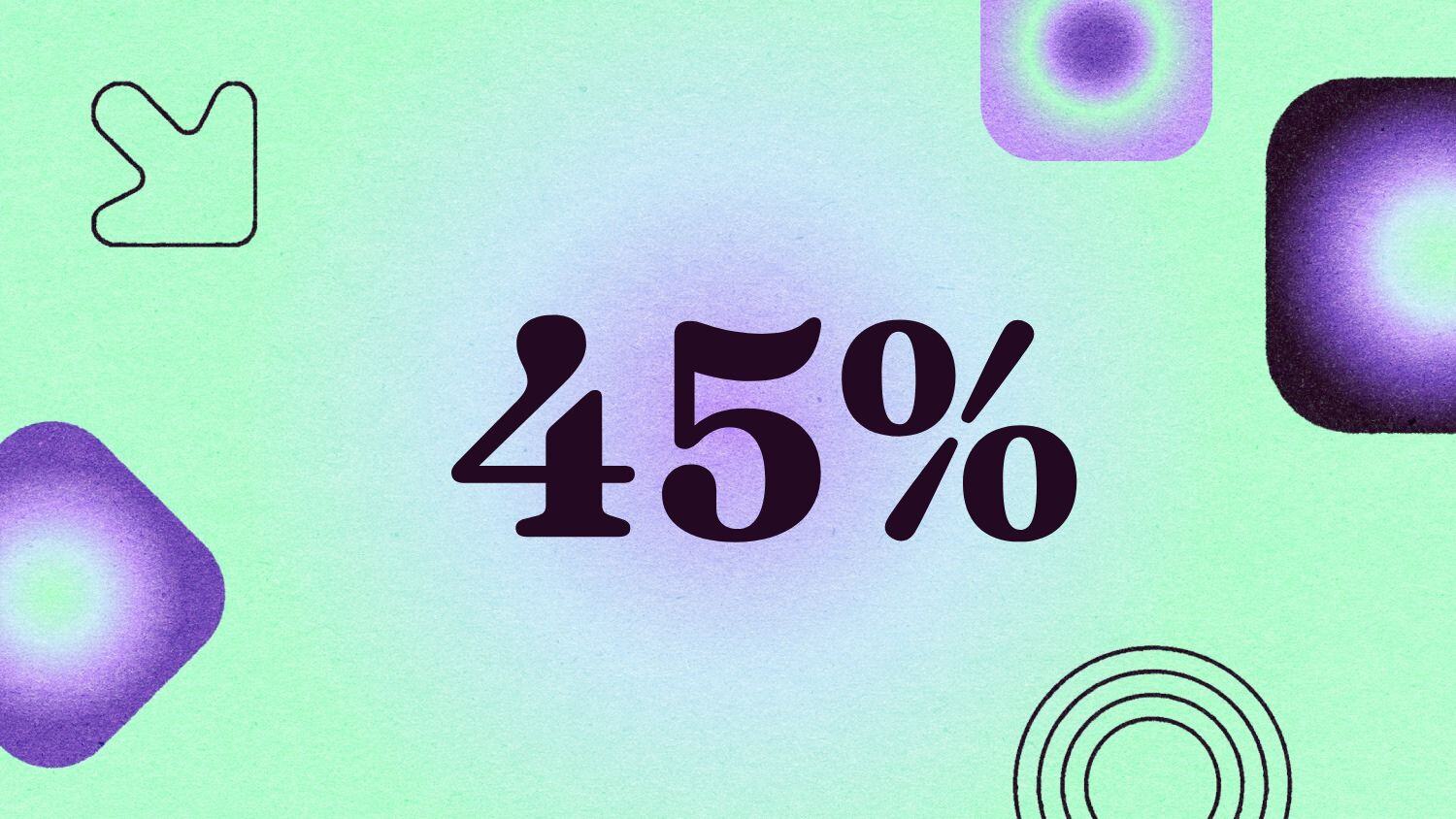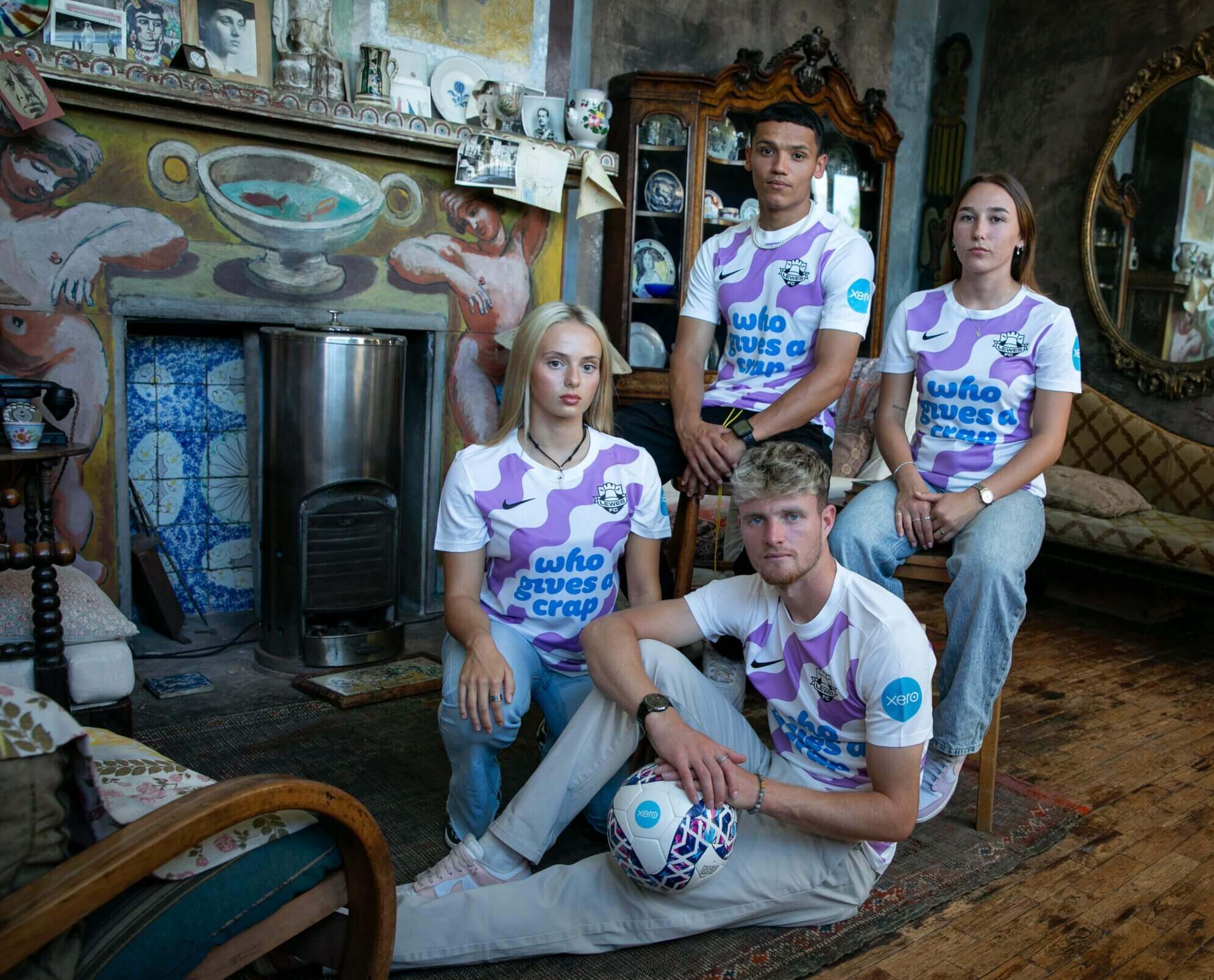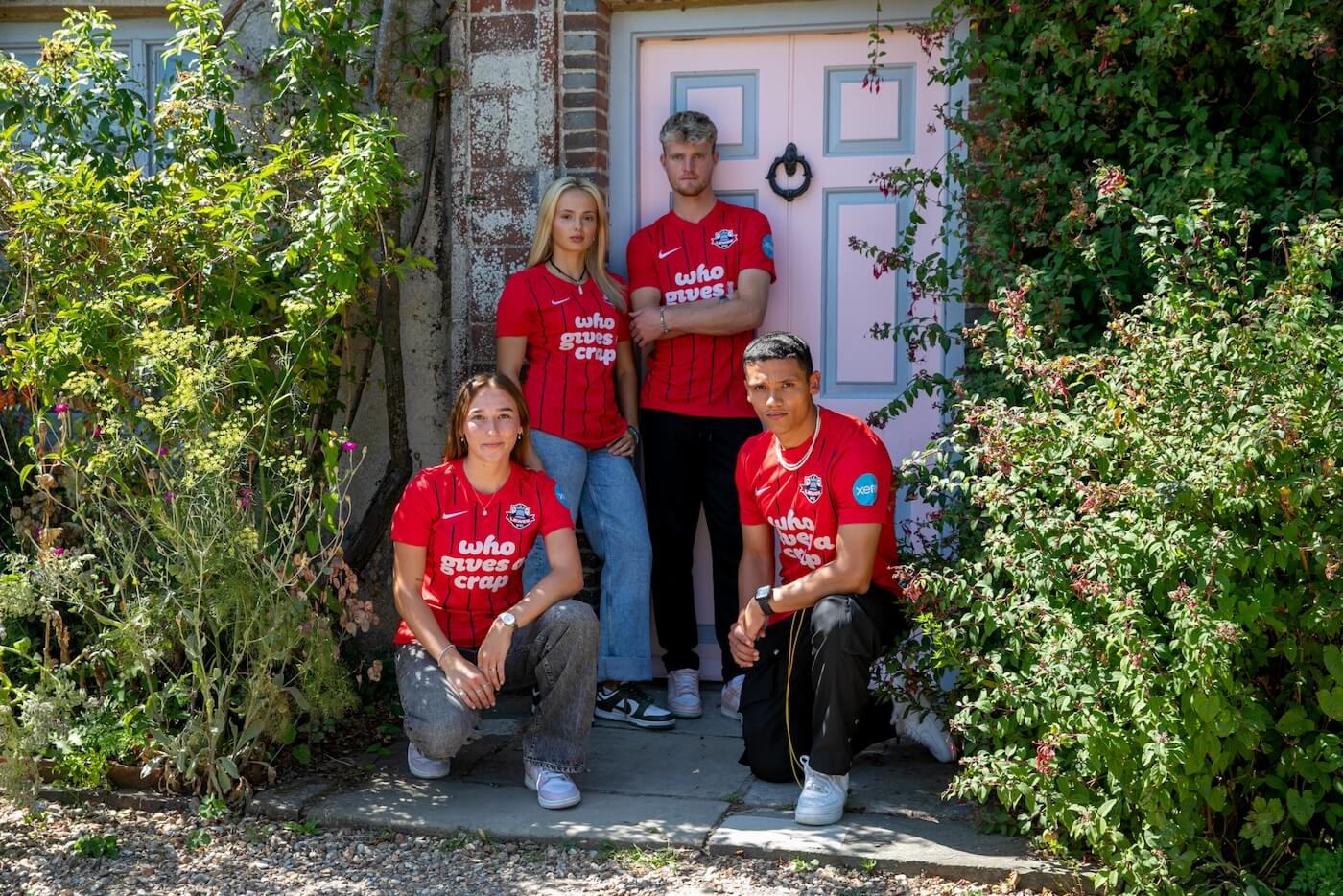Beano Brain has released its Coolest Brands 2024, gathering 55,000 responses from kids and teens aged 7 to 14 in the US and 45,000 from those in the UK, asking them, "Which of these brands do you think is cool?"
For anyone who has recently interacted with kids in that age group, it won't come as a surprise that YouTube tops the list of fave brands in both countries. The platform retained its position in the US from last year, while in the UK, it bumped Netflix off the throne. Netflix now comes in second in both countries, and Nintendo, Nike, Oreo and Lego made the top 10 on either side of the Atlantic, too. A few insights:
▶️ For Gen Alpha, YouTube is everything. It's where all of their interests can be summoned with a tap, from live gameplay and toy reviews to DIY crafts and their favorite songs. For this generation, YouTube isn't just a platform; it's a gateway to entertainment, education and influencers who feel like friends.
👣 The highest mover in the UK, up by 35 places to number 49, is Crocs. Besides being ultra comfy and easy to slip on, Crocs charms add an element of self-expression as well as the fun of collecting, bolstered by their availability on Shein and Temu at a fraction of the price of official Crocs Jibbitz.
🧴 In the US, teen and tween obsession with skincare helped two brands enter the list: Sephora, riding the coattails of Drunk Elephant, Summer Fridays and Glow Recipe (and the prejuvenation trend), and Bubbles, whose formulations are actually geared to young skin.
Select your country
- Argentina
- Australia
- Austria
- Belgium
- Brazil
- Cambodia
- Canada
- Chile
- China
- Colombia
- Costa Rica
- Croatia
- Czechia
- Denmark
- Estonia
- Finland
- France
- Germany
- Ghana
- Greece
- Guatemala
- Hong Kong
- Hungary
- Iceland
- India
- Indonesia
- Ireland
- Israel
- Italy
- Japan
- Kenya
- Latvia
- Lithuania
- Malaysia
- Mexico
- Morocco
- Netherlands
- Nigeria
- Norway
- NZ
- Paraguay
- Phillippines
- Poland
- Portugal
- Puerto Rico
- Romania
- Serbia
- Singapore
- Slovakia
- Slovenia
- South Africa
- South Korea
- Spain
- Sweden
- Switzerland
- Taiwan
- Thailand
- Turkey
- UAE
- UK
- Ukraine
- US
- Uruguay
- Venezuela
- Vietnam
Select your country
- Argentina
- Australia
- Austria
- Belgium
- Brazil
- Cambodia
- Canada
- Chile
- China
- Colombia
- Costa Rica
- Croatia
- Czechia
- Denmark
- Estonia
- Finland
- France
- Germany
- Ghana
- Greece
- Guatemala
- Hong Kong
- Hungary
- Iceland
- India
- Indonesia
- Ireland
- Israel
- Italy
- Japan
- Kenya
- Latvia
- Lithuania
- Malaysia
- Mexico
- Morocco
- Netherlands
- Nigeria
- Norway
- NZ
- Paraguay
- Phillippines
- Poland
- Portugal
- Puerto Rico
- Romania
- Serbia
- Singapore
- Slovakia
- Slovenia
- South Africa
- South Korea
- Spain
- Sweden
- Switzerland
- Taiwan
- Thailand
- Turkey
- UAE
- UK
- Ukraine
- US
- Uruguay
- Venezuela
- Vietnam

